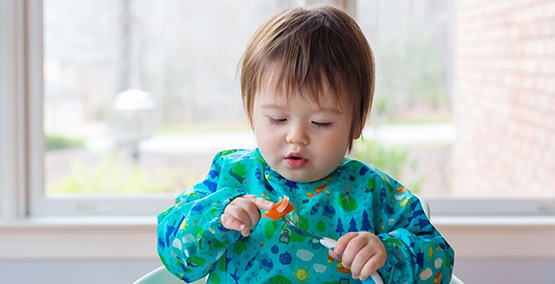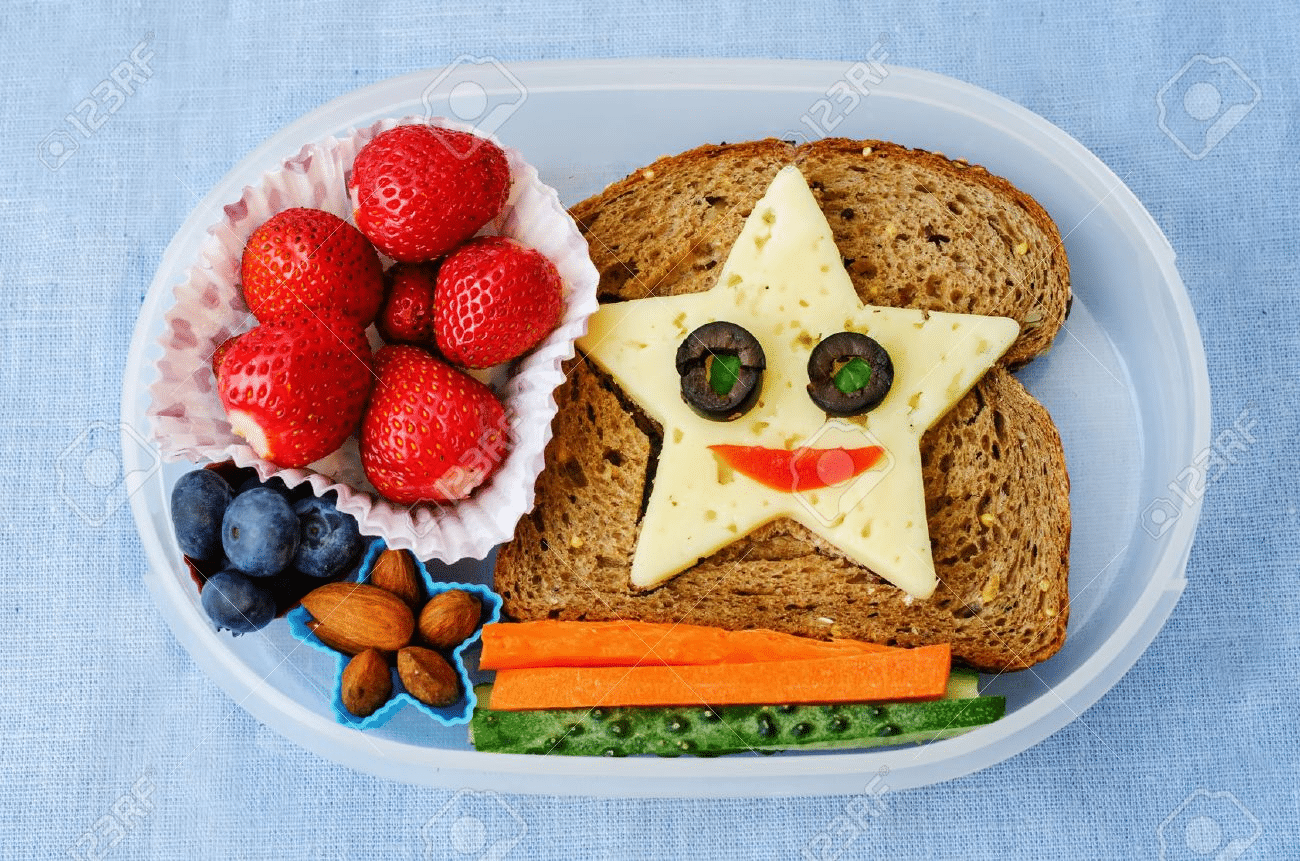
Eating environment
Where kids eat matters
-It is important for your toddler to learn to eat in a specific location
Always insist on your toddler eating in the highchair or booster seat at the table for safety and to establish a good habit.
Snacks should also be eaten at the table or special designated space like a mat on the floor.
No exceptions should be made. Kids quickly learn to hop in the chair or sit on the mat to eat.
Eating on the run promotes bad habits:
- The child doesn't learn hunger and satiety (fullness).
- The child doesn't learn to manipulate food well (doesn't get to use utensils).
- Nutritional intake suffers when quick convenience foods take the place of full meals.
- Safety and neatness are compromised.
Meals should be pleasant, unhurried, without distractions, without TV, and electronic devices.
Eat with your children. Children who eat alone become difficult and picky eaters because they lack mealtime attention and eating role models.
Be aware of children's need for snacks due to hunger, but DO NOT oversnack children to keep them quiet or to fill the time! They won't eat their meals, especially if they snack or drink in the hour before a meal.
Kids eating with other kids is a good example of positive peer pressure. Children are more likely to try new foods, stay at the table longer, and eat better in general when sitting with friends.

Adapted from Nurturing with Nutrition by Dr. Melanie Bezarte and Lucille Beseler, RDN




